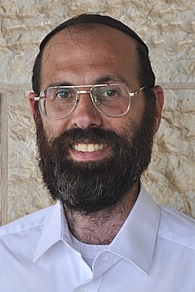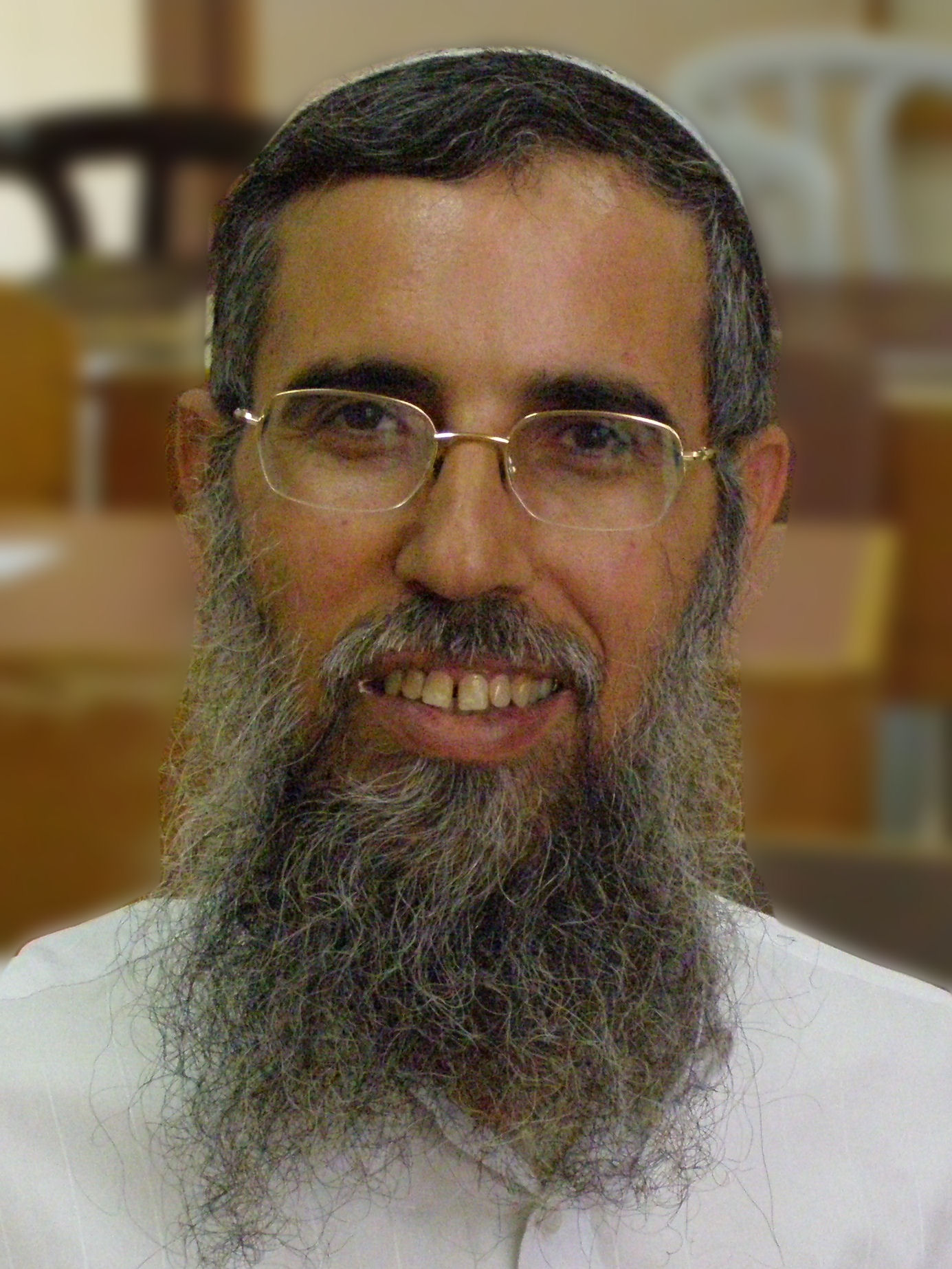Inscribe for a Good Life all the Members of Your Covenant
הרב מאיר אורליאן
During the Ten Days of Repentance, it is customary to add requests for life in the first two and last two blessings of Shemoneh Esrei. The additions in the brachot of Avot ("Remember us for life"), Gevurot ("Who is like you Merciful Father"), and Sim Shalom ("In the book of life, blessing and peace, etc.") fit their respective blessings both in terms of content and language. However, the addition in the blessing of Modim ("Inscribe for a good life") is not linked in language to the preceeding and following phrases, and also does not seem to fit the general theme of the bracha, an expression of thanks! What is its connection here?
Furthermore, our great desire for life and the extent to which we supplicate G-d for it seem paradoxical. So long as we are alive, our soul is bound to our body. Would the soul not prefer to free itself of the chains of the body, which imprison it in this mundane world, and to return to the heavens to bask there in the radiance of G-d's Glory? The Gemara in Eruvin (13b) records that Beit Shammai and Beit Hillel argued for two and a half years whether it was preferable for man to have been created or not. The conclusion was that it would have been preferable for man not to have been created in the first place, but now that he was created, he should examine his actions. Why, then, do we pray so much to be written in the book of life?
It is possible to explain this issue based on the words of King Chizkiyahu, who fell sick and was decreed to die, and due to his prayer was granted fifteen years to his life. At the end of his prayer of thanks, Chizkiyahu declares, "For the Grave cannot thank You nor can Death laud You; ... A living person, a living person, he shall thank you, as I do today." (Yeshaya 38:18-19) There is an important principle here: Praise and thanks of G-d cannot rise from the dead, but only from the living! The Radak explains: "If I were dead I would not thank you verbally like I am doing now ... And although the thanks and acknowledgement does not benefit Him ... even so, since He is interested in and created people, He wants them to survive and to walk in the good path, and that they should have awareness to understand the goodness of the Creator and to thank Him for them." G-d wants man to endure and to live so that he can thank verbally for the goodness of the Creator. (See Da'at Mikra Tehillim ch. 6 note 5 in the name of Shadal.)
Chazal similarly comment on the pasuk, "Neither the dead can praise G-d, nor any who descend into silence; but we will praise G-d," as follows: "A person should always be involved with Torah and mitzvot before he dies, since once he dies he ceases from Torah and from mitzvot and G-d has no praise from him." (Shabbat 30a) Only a person who is alive is able to learn Torah and to observe mitzvot, and thereby to praise G-d and increase the honor of Heaven! In contrast, "the dead are free" (Tehillim 88:6) -- when a person dies he becomes free from Torah and from mitzvot. (Shabbat 30a)
This is the reason for our aspiration for life. Although the soul enjoys the upper realms more, its place of service, where it serves G-d, is specifically here in the life of this world. "That I command you today -- today to do them and not tomorrow [after death] to do them." (Eruvin 22a and Rashi there) It is told that when the Vilna Gaon was dying he held his tzitzit in his hands and said, "How beautiful this world is! For a trivial amount a person can buy tzitzit and perform a mitzvah with it!" With this we can understand the conclusion of the dispute between Beit Shammai and Beit Hillel, "Now that he was created, let him examine his actions," because in this way there is a gain to man in his being created.
Based on this approach, we can well understand the connection of the phrase, "Inscribe for a good life all the members of your covenant," to the bracha of Modim, and the textual flow to the remainder of the blessing. The bracha of Modim at the conclusion of Shemoneh Esrei is not only out of common decency, to say "Thank You!" for all of our requests. Rather, it is an inherently important part of our service and purpose in this world. Clearly, though, it is impossible for us to say thanks unless we live, as Chizkiya says, "a living person, he shall thank you." If so, it is very appropriate that specifically here -- at the moment that we thank G-d and are about to announce our universal aim, "All of life should praise you Selah" -- we ask for life, so that we can continue to offer this thanks. With this we are declaring that our aspiration for life is solely for His glory. "Inscribe for a good life all the members of Your covenant" -- because only through this -- "All of life will thank you."
May it be His will that we recognize the purpose in our request for life, to serve G-d and to thank Him. In this merit, we will all be inscribed and sealed immediately in the book of a good live and peace!
קוד השיעור: 4044
לשליחת שאלה או הארה בנוגע לשיעור:


.jpg)


